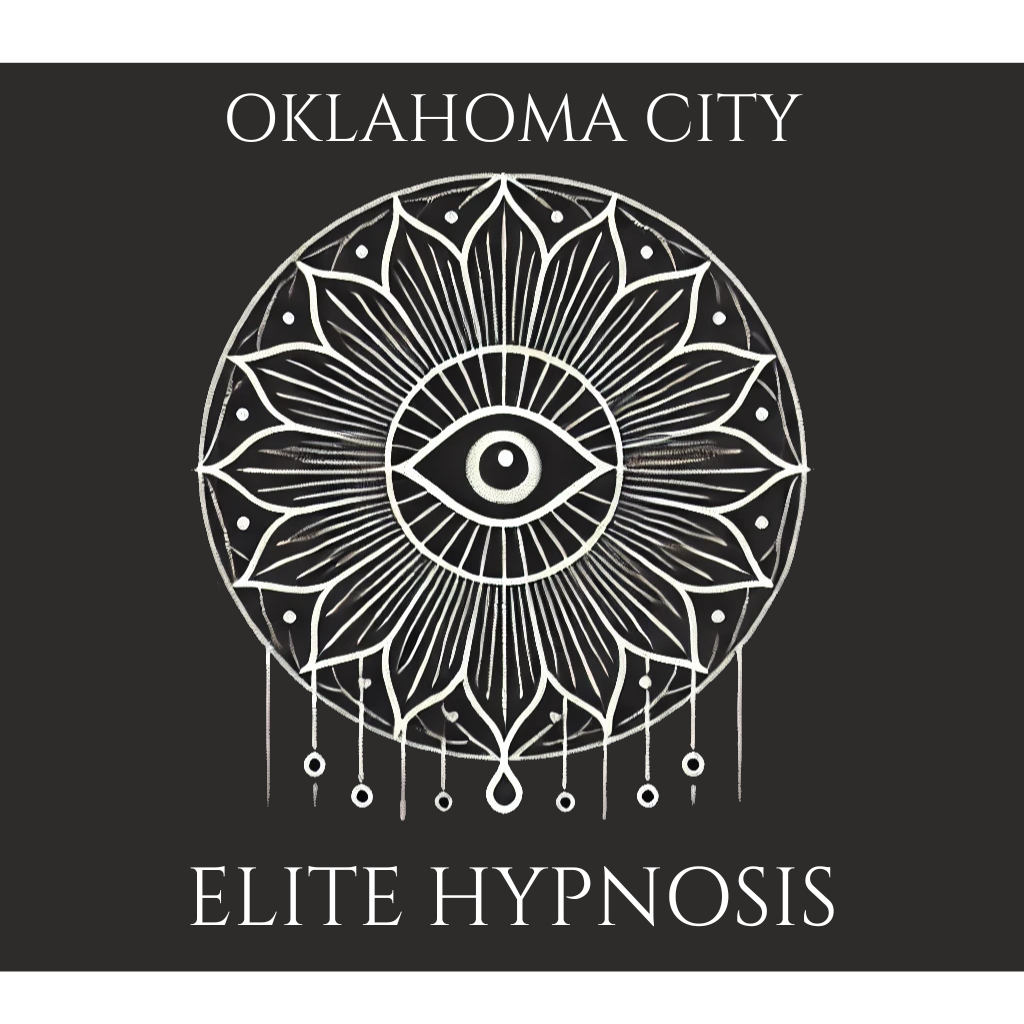
Oklahoma PTSD Counseling and Hypnosis
Oklahoma PTSD Counseling and Hypnosis: A Unique Path to Healing
PTSD (Post-Traumatic Stress Disorder) can feel like a daily battle, especially for individuals in Oklahoma City who have experienced trauma, whether from military service, car accidents, or deeply personal events. But what if there were a way to heal without the need for medication or years of talk therapy? Hypnosis, when combined with PTSD counseling, offers a revolutionary approach that more Oklahomans are turning to for relief.
In this article, we'll dive into how hypnosis and traditional PTSD counseling work together to treat trauma in Oklahoma, and why this combination can be so effective. If you're looking for innovative treatment options that go beyond the surface, you’re in the right place.
Understanding PTSD: The Oklahoma Perspective
To start, let’s look at the scope of PTSD. In Oklahoma City, many individuals—especially veterans, first responders, and survivors of accidents—suffer from PTSD. The disorder can manifest in a variety of ways, including:
Intrusive memories: Flashbacks, nightmares, and uncontrollable thoughts about the traumatic event.
Avoidance behaviors: Steering clear of places, people, or activities that remind them of the trauma.
Changes in mood and thinking: Negative emotions like guilt or anger, trouble concentrating, and feeling detached from others.
Hyperarousal: Constantly feeling on edge, being easily startled, or having difficulty sleeping.
While traditional therapies like EMDR (Eye Movement Desensitization and Reprocessing) and cognitive behavioral therapy (CBT) are common treatments for PTSD, the addition of hypnotherapy creates a whole new dimension of healing by working directly with the subconscious mind.
Why Combine PTSD Counseling with Hypnotherapy?
If counseling works, why add hypnosis into the mix? The answer lies in how PTSD impacts both the conscious and subconscious mind. Traditional PTSD counseling often addresses the conscious experience of trauma: talking through painful memories, understanding triggers, and learning coping mechanisms. This is incredibly valuable, but it can sometimes feel like treating the symptoms rather than the root cause.
Hypnotherapy, on the other hand, focuses on the subconscious mind—the part of the brain that stores traumatic memories and emotions, often below the surface of our awareness. Hypnosis allows the therapist to access those deeply held experiences and help reframe them, making it possible to heal from the trauma at its core.
Here’s why combining these therapies can be so effective:
Holistic Healing: PTSD affects both the conscious and subconscious. While counseling works on coping strategies, hypnotherapy helps to "recode" trauma in the subconscious, helping clients move past emotional barriers.
Faster Relief: Hypnotherapy can accelerate the healing process by addressing traumatic memories in fewer sessions than traditional counseling alone.
Less Re-traumatizing: For some people, talking directly about their trauma in counseling can be overwhelming. Hypnosis offers a gentler way to explore these memories without reliving the intensity of the emotions.
Empowerment: Through hypnosis, clients learn how to take control of their minds, reducing feelings of helplessness and giving them the tools to manage PTSD symptoms more effectively.
What Does a Session Look Like?
The idea of combining counseling and hypnosis might sound a little mysterious, but here’s a breakdown of what a session in Oklahoma might look like:
- Initial Assessment: Before the hypnotherapy begins, your therapist will conduct a detailed assessment of your PTSD history. This includes discussing your trauma, your symptoms, and any current treatments you may be undergoing.
- Traditional Counseling: The session often starts with counseling to discuss specific triggers and experiences. This helps your therapist understand your conscious experience of PTSD and your specific goals for treatment.
- Inducing Hypnosis: Once the therapist has a sense of what you’re struggling with, they’ll guide you into a state of deep relaxation. Don’t worry—this doesn’t mean you’ll lose control or be "asleep." Instead, you’ll be in a calm, focused state where your subconscious mind becomes more open to suggestions.
- Addressing Trauma: While in this relaxed state, the therapist may guide you through the traumatic event in a way that feels safe and controlled. They might offer suggestions to help your mind reframe how it perceives the trauma, reducing its emotional intensity.
- Post-Hypnotic Suggestions: To reinforce the session’s work, the therapist may use post-hypnotic suggestions to help you feel more calm and in control when facing PTSD triggers in the future.
- Discussion and Integration: After coming out of the hypnotic state, you and your therapist will discuss the session, including how you felt and any insights you gained. This time is also used to create strategies for applying what you learned in your daily life.
Common Myths About Hypnosis
Before we go any further, let’s address some common myths that may be making you hesitate about trying hypnosis for PTSD. After all, hypnosis has long been the subject of misconceptions.
Myth 1: "I’ll lose control." Not true! You remain aware and in control throughout the entire session.
Myth 2: "Hypnosis is mind control." Nope! Hypnosis isn’t about making you do things against your will; it’s about helping you access your subconscious in a safe, therapeutic way.
Myth 3: "Only weak-minded people can be hypnotized." In reality, anyone can be hypnotized, as long as they’re open to the experience.
Now that we’ve busted these myths, you can see why combining hypnotherapy with counseling is a safe, effective approach to PTSD treatment.
Success Stories from Oklahoma City
Still skeptical? Let’s take a look at some real-life success stories from Oklahoma City residents who’ve used hypnosis alongside traditional counseling to heal from PTSD.
James is a veteran who served two tours in Iraq and struggled with severe PTSD for years. He had trouble sleeping, avoided crowded places, and suffered from debilitating flashbacks. After several unsuccessful attempts with medication and counseling alone, he decided to try hypnotherapy. "After just three sessions, I noticed a difference. My nightmares weren’t as intense, and I could actually go out to the grocery store without panicking. The combination of counseling and hypnosis helped me feel like myself again."
Sarah, a survivor of a serious car accident, shared a similar story. After months of avoiding driving due to panic attacks, she began hypnotherapy in conjunction with her counseling sessions. "I was skeptical at first, but the results have been amazing. Hypnosis helped me approach my trauma in a way that didn’t feel scary or overwhelming, and my counselor helped me turn those insights into action."
Both James and Sarah highlight the power of this dual approach to PTSD treatment in Oklahoma City.
Wrapping It Up: A Powerful Combination for Healing PTSD
Dealing with PTSD can feel like an uphill battle, but with the combination of counseling and hypnosis, you have a powerful set of tools to help you along your journey. Oklahoma City residents are increasingly discovering the benefits of this dual approach, finding relief from intrusive memories, hypervigilance, and emotional numbness.
If you’re looking for a natural, non-invasive treatment that addresses both the conscious and subconscious aspects of PTSD, this might be the solution you’ve been searching for. Reach out to a local therapist today and take the first step toward reclaiming your peace of mind.
Ready to work with Oklahoma City Elite Hypnosis, Give us a call !
Let's connect! Send us a message or give us a call today so we can help you!
Agency Contact Form
We will get back to you as soon as possible
Please try again later
Oklahoma City Elite Hypnosis Blog










